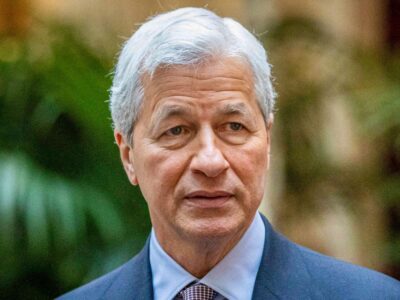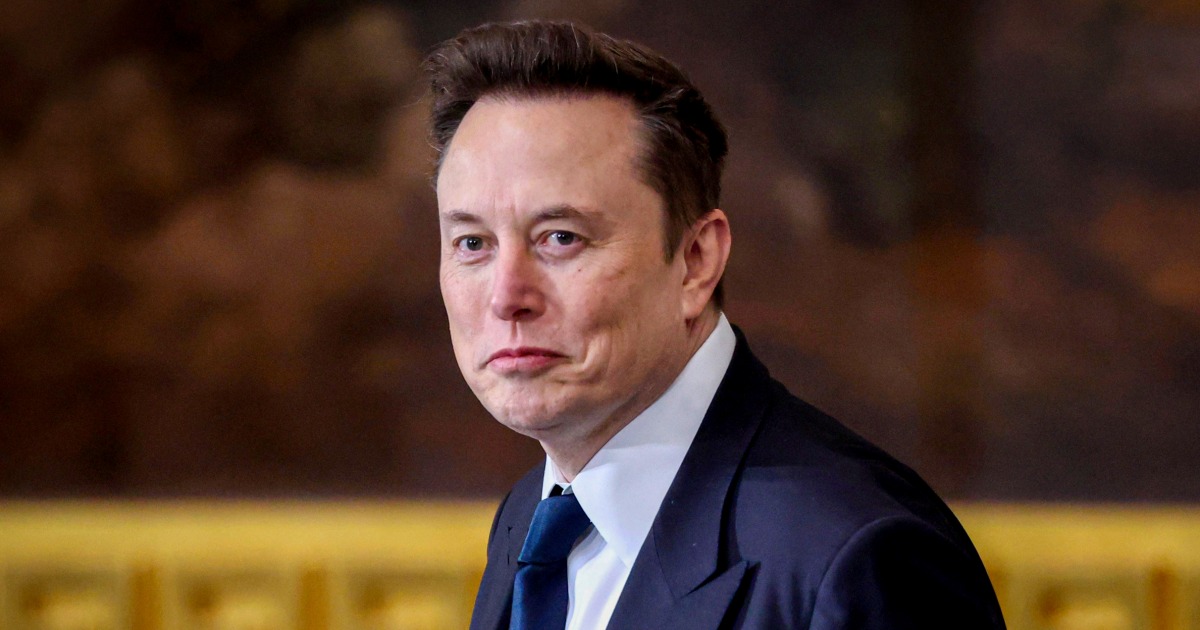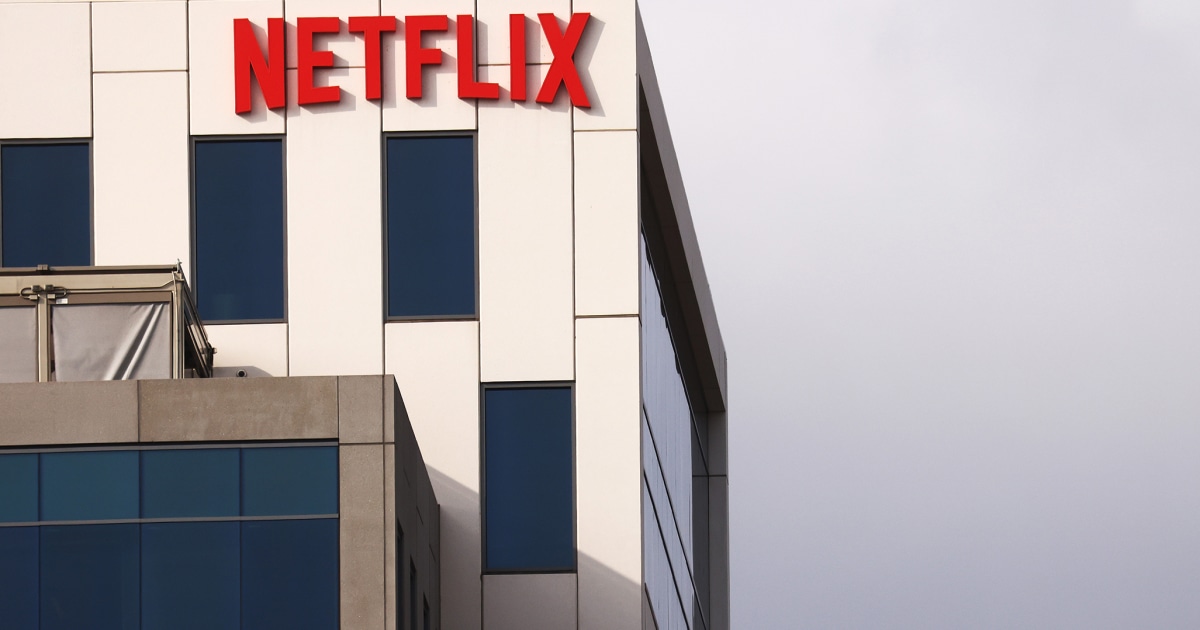
Price growth sped up a bit in November, a sign that efforts to cool inflation may be stalling.
Over the past 12 months, the consumer price index climbed 2.7%, the Bureau of Labor Statistics reported Wednesday. That was in line with expectations but higher than the 2.6% annual rate in October. On a monthly basis, the index rose 0.3%, faster than the 0.2% rate in the previous month.
Excluding more volatile items like food and gas, the “core” measure of inflation climbed 3.3% on a 12-month basis, the same as in October. On a monthly basis, the core index rose 0.3%, matching its pace for the past three months. The monthly pace of price increases picked up for new cars and apparel, while shelter costs and the category that includes auto insurance showed declines.

Holiday shoppers last week on Fifth Avenue in New York.Jeenah Moon / Bloomberg via Getty Images
The stalled progress adds pressure on the Federal Reserve, which had hoped to continue lowering interest rates heading into next year in tandem with slower price growth. Now, analysts expect the Fed to pause its rate cutting in January.
“Price pressures are hardly settling at a level that the Fed can be completely at ease with,” Seema Shah, chief global strategist at Principal Asset Management, said in a note to clients following Wednesday’s release.
She continued: “The Fed will be concerned by the very stubborn nature of inflation and will be increasingly cautious about the upside inflation risks that President-Elect Trump’s policies may bring. We expect the Fed to move off autopilot in January, adopting a more cautious tone, and slowing its pace of cuts to just every other meeting.”
Upper-middle-class and wealthy consumers are helping prop up the economy with their spending power, as they are generally better insulated from price growth. Yet they can also accelerate it. These consumers’ assets like stocks and real estate have soared in value, even as daily purchases have gotten pricier for everyone.
It’s one reason why Donald Trump fared better among less well-off voters in November’s presidential election. Yet it is unclear whether he can reduce households’ financial stress once in office. Economists have said Trump’s tariffs and mass deportation proposals will fuel inflation and hurt growth; the president-elect himself told NBC News last weekend that he couldn’t guarantee tariffs wouldn’t end up raising prices.
That further complicates matters for the Fed as it tries to engineer a “soft landing” for the U.S. that brings inflation down without dramatically slowing the economy.
Wall Street traders are nearly unanimous in their forecast that the Fed will cut its key interest rate by another quarter point when it meets next week for its final gathering of 2024.
After that, all bets are off.
As households’ medium-term inflation expectations continue to remain elevated, the Fed “will be unwilling to assume any tariff-led consumer price inflation next year will be wholly transitory,” Pantheon Macroeconomics Chief Economist Ian Shepherdson wrote in a note to clients this week ahead of the inflation report.
“Accordingly, we expect the FOMC [the Federal Reserve] to reduce the funds rate less quickly than required to stabilize the unemployment rate,” he said.
What’s more, it’s not even clear that interest rates in the rest of the economy are substantially responding to the rate cuts the Fed has enacted. Credit card interest rates continued to increase in the third quarter, while the average 30-year mortgage rate, though less directly affected by Fed actions, continues to hover just below 7%.
Yet the impact from higher rates appears to be largely felt by consumers who are not as well off. Mark Zandi, chief economist at Moody’s Analytics, believes wealthier Americans have continued to benefit from the staggering run-up in asset prices. Yet that trend could easily be halted, he said, adding that many of those assets are already “overvalued.”
“Anything that doesn’t stick to the script” and changes the economic outlook, like higher inflation or slower growth, “could cause a serious sell-off and be a problem for the broader economy,” Zandi said. “It’ll all happen very quickly — everything’s OK, and then it’s not.”















